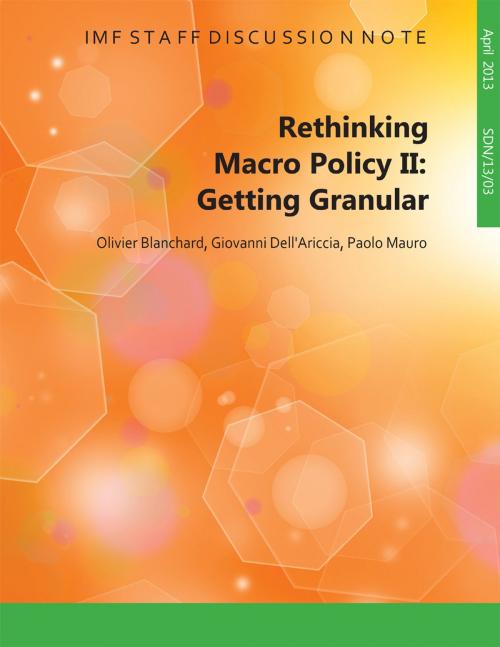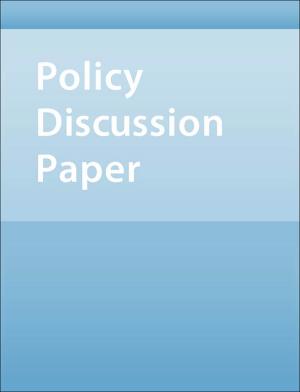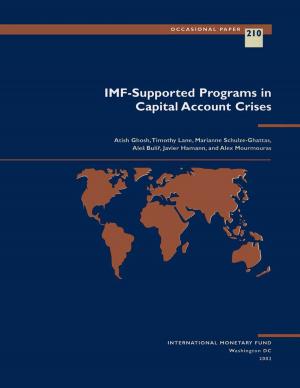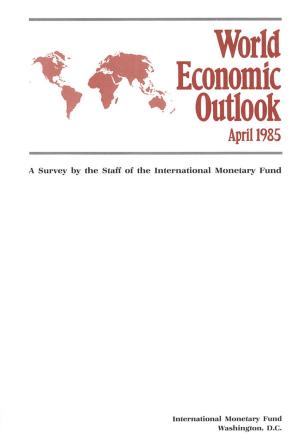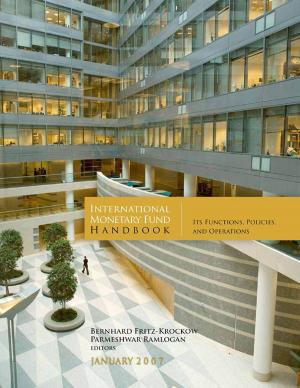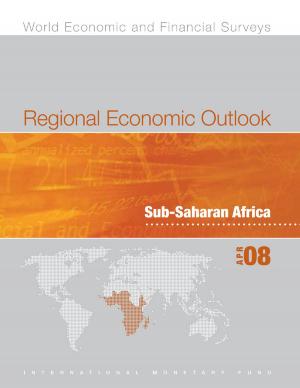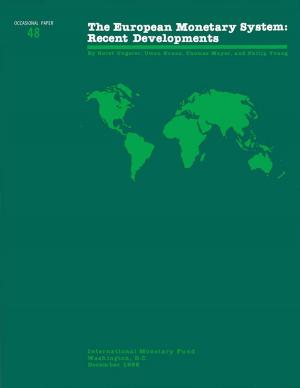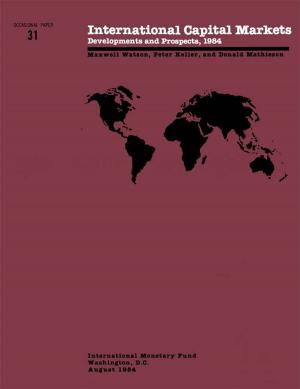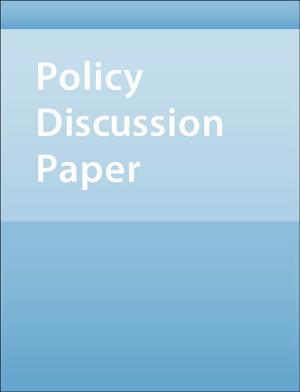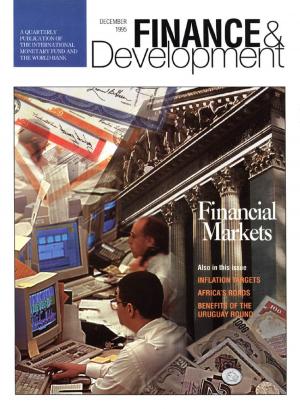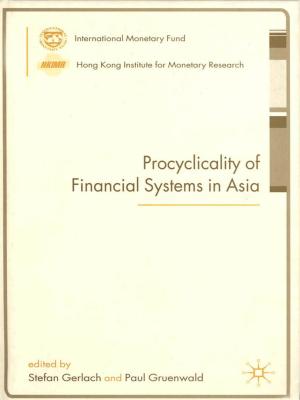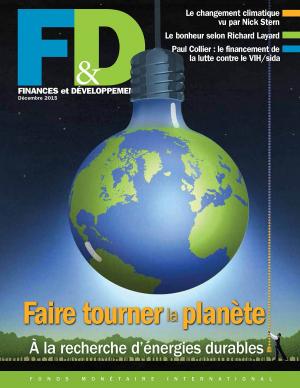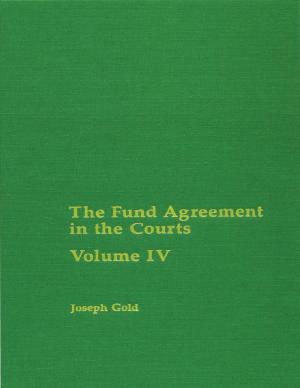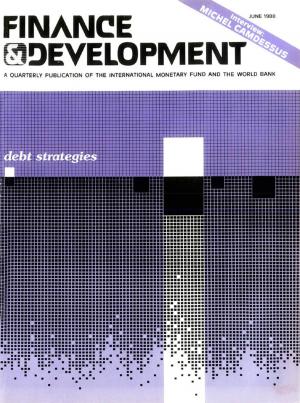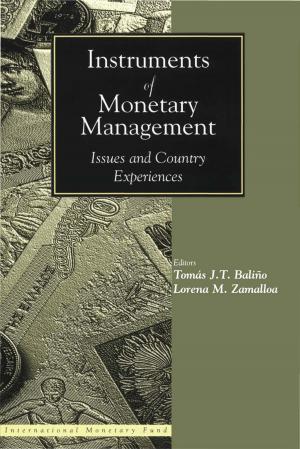Rethinking Macro Policy II: Getting Granular
Business & Finance, Economics, Money & Monetary Policy, Macroeconomics| Author: | Olivier Blanchard, Giovanni Mr. Dell'Ariccia, Paolo Mr. Mauro | ISBN: | 9781484365861 |
| Publisher: | INTERNATIONAL MONETARY FUND | Publication: | April 15, 2013 |
| Imprint: | INTERNATIONAL MONETARY FUND | Language: | English |
| Author: | Olivier Blanchard, Giovanni Mr. Dell'Ariccia, Paolo Mr. Mauro |
| ISBN: | 9781484365861 |
| Publisher: | INTERNATIONAL MONETARY FUND |
| Publication: | April 15, 2013 |
| Imprint: | INTERNATIONAL MONETARY FUND |
| Language: | English |
This note explores how the economic thinking about macroeconomic management has evolved since the crisis began. It discusses developments in monetary policy, including unconventional measures; the challenges associated with increased public debt; and the policy potential, risks, and institutional challenges associated with new macroprudential measures. Rationale: The note contributes to the ongoing debate on several aspects of macroeconomic policy. It follows up on the earlier “Rethinking” paper, refining the analysis in light of the events of the past two years. Given the relatively fluid state of the debate (e.g., recent challenges to central bank independence), it is useful to highlight that while many of the tenets of the pre-crisis consensus have been challenged, others (such as the desirability of central bank independence) remain valid.
This note explores how the economic thinking about macroeconomic management has evolved since the crisis began. It discusses developments in monetary policy, including unconventional measures; the challenges associated with increased public debt; and the policy potential, risks, and institutional challenges associated with new macroprudential measures. Rationale: The note contributes to the ongoing debate on several aspects of macroeconomic policy. It follows up on the earlier “Rethinking” paper, refining the analysis in light of the events of the past two years. Given the relatively fluid state of the debate (e.g., recent challenges to central bank independence), it is useful to highlight that while many of the tenets of the pre-crisis consensus have been challenged, others (such as the desirability of central bank independence) remain valid.
